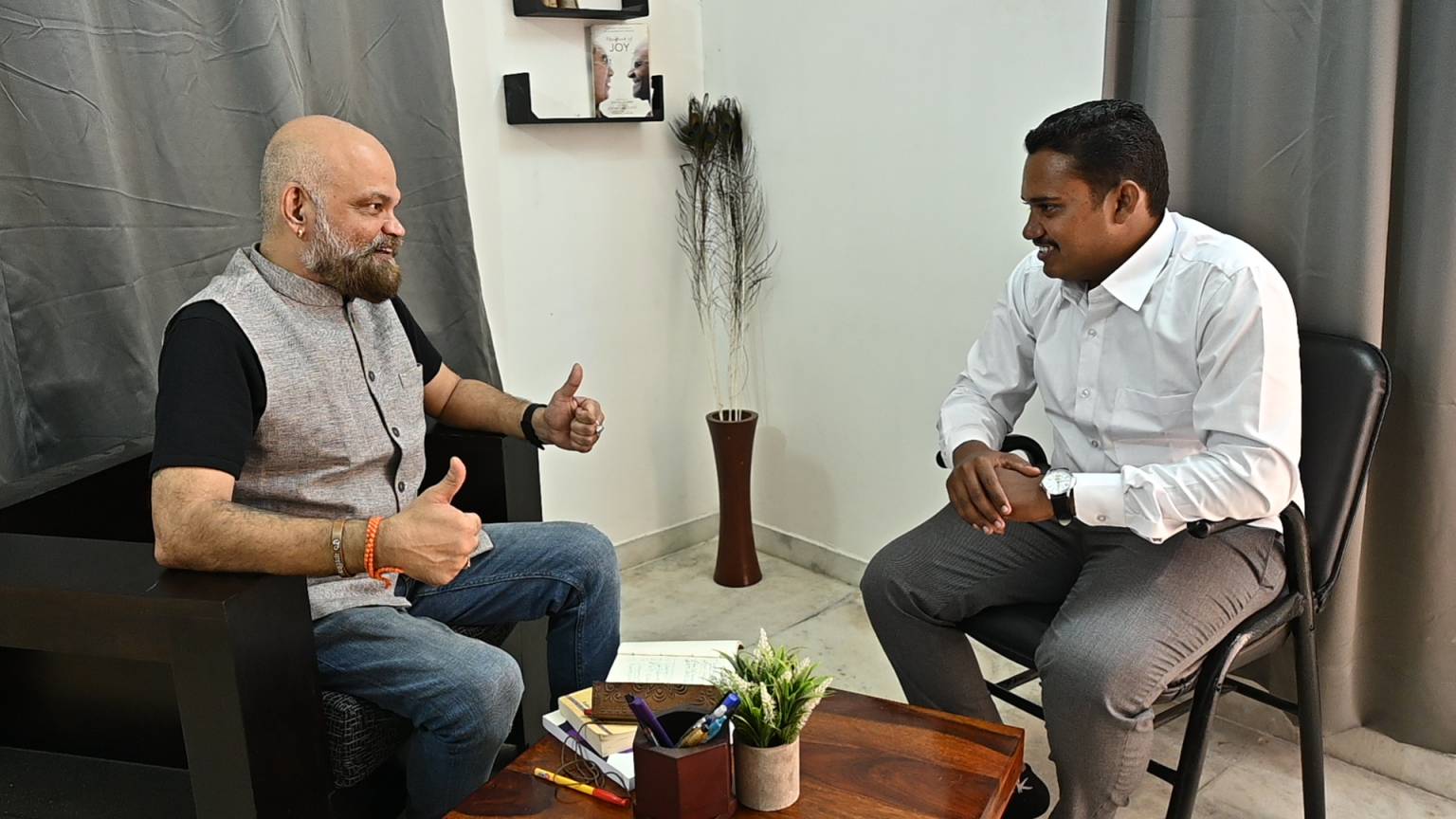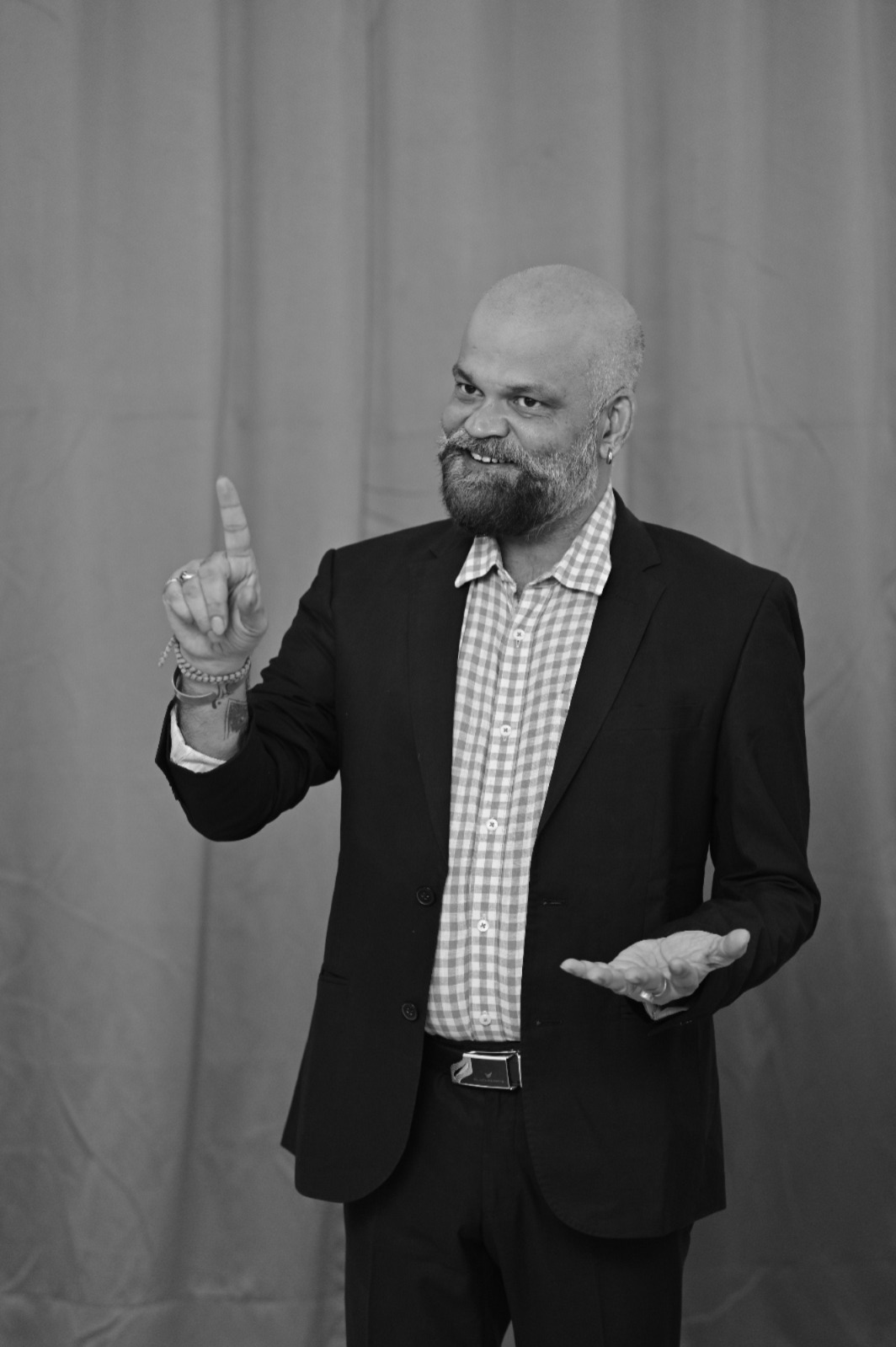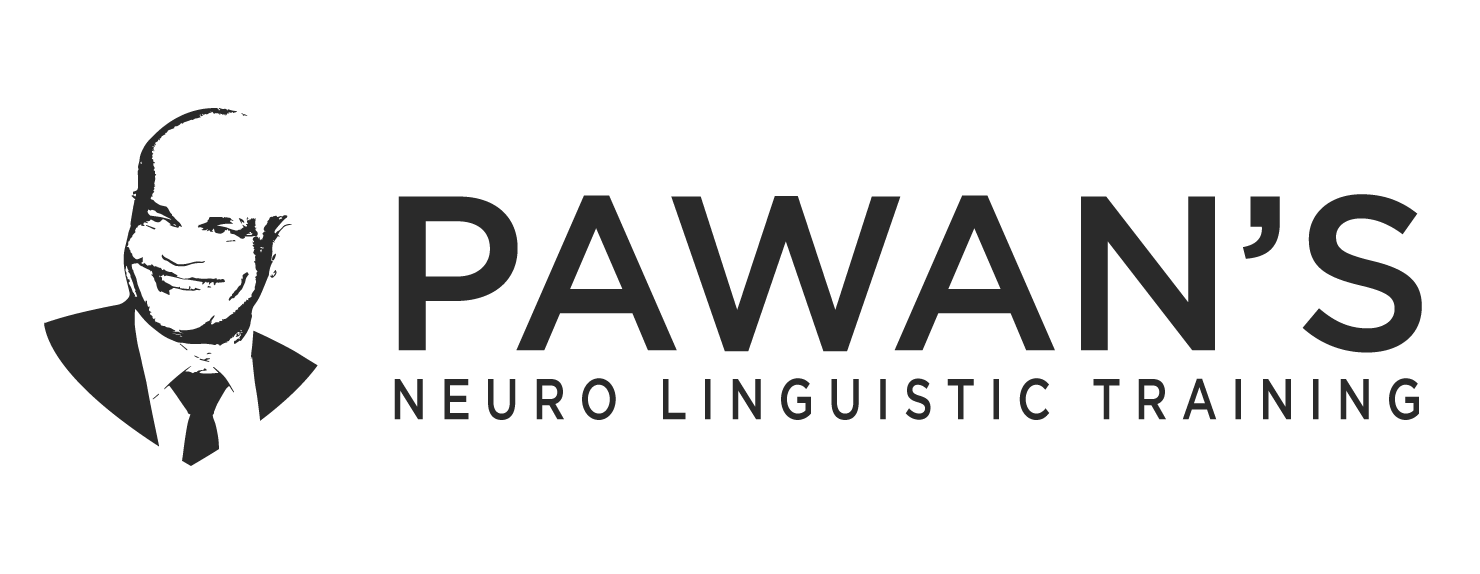
Certificate of Psychotherapy
This Certificate of Psychotherapy course at PawanNLPIndia is designed to provide a robust foundation in psychotherapy, integrating NLP principles and techniques. The course spans 4 days(40 hours) and is available both online and offline, offering flexibility to suit your needs. Whether you’re a practicing therapist, a mental health professional, or someone looking to deepen your understanding of psychotherapy, this course is tailored to help you enhance your skills and knowledge.
Participants will gain hands-on experience through practical exercises, group discussions, and interactive sessions, ensuring a comprehensive understanding of key concepts and methodologies. The course also emphasizes ethical practice, personal integrity, and the importance of research in psychotherapy. By the end of this program, you will be equipped with the tools and confidence to apply psychotherapy techniques effectively in your practice.
Who should enroll?
Practicing therapists looking to incorporate NLP into their therapeutic approach.
Mental health professionals seeking to expand their expertise in psychotherapy.
Counselors and coaches interested in learning advanced therapeutic techniques.
Individuals passionate about understanding and applying psychotherapy in professional settings.

Day 1: Foundations of Psychotherapy
Rapport Building & Group Dynamics: Engage in practical exercises to develop rapport with clients, participate in group discussions, and practice history taking.
Session One: Introductions and exploration of the scope of NLP in psychotherapy. Discuss the distinctions between psychosis and neurosis and introduce basic NLP interventions and their methodologies.
Session Two: Delve into personal integrity, confidentiality, and timekeeping. Understand their importance in therapeutic settings.
Session Three: Explore transference and countertransference. Discuss the necessity of therapist detachment and methods to maintain it. Reflect on the importance of therapists undergoing their own counseling and therapy.
Session Four: Learn to create a clear code of practice, including the ethics of contracting, and the processes for beginning and ending therapeutic relationships with clients.
Day 2: Understanding Clients & Medications
History Taking & Personal Connection: Gain insights into gathering comprehensive information about clients, including medical history and personal connections.
Session One: Introduction to Developmental Psychology, setting the stage for understanding client backgrounds.
Session Two: Focus on the first session with clients—building rapport, taking basic history, and identifying the presenting problem.
Session Three: Introduction to Psychopharmacology to understand the basics of medication.
Session Four: Gain knowledge of commonly prescribed psychotropic medications and their effects.


Day 3: Diagnostic Language & Approaches
Exploring Psychological Diagnoses: Learn the language and frameworks used in psychological diagnosis.
Session One: Dive into the history of psychology and its impact on modern practice.
Session Two: Compare and contrast different psychological approaches and their applications.
Session Three: Understand key diagnostic areas, including the use of the DSM (Diagnostic and Statistical Manual of Mental Disorders). Session Four: Discuss various diagnoses and understand when to refer clients to other specialists or agencies.
Day 4: Research & Medical Collaboration
Integrating Research & Practice: Understand the significance of research in psychotherapy and how to apply it.
Session One: Learn about medical referrals, differentiating between what a therapist can handle and when to seek medical cooperation.
Session Two: Examine depression, its types, and classic treatment protocols.
Session Three: Review major classifications you may encounter as a therapist.
Session Four: Understand the importance of research in psychotherapy and how to incorporate it into your practice.
This course is an essential step for those aiming to excel in the field of psychotherapy, combining the rich insights of NLP with practical therapeutic applications.

